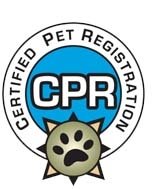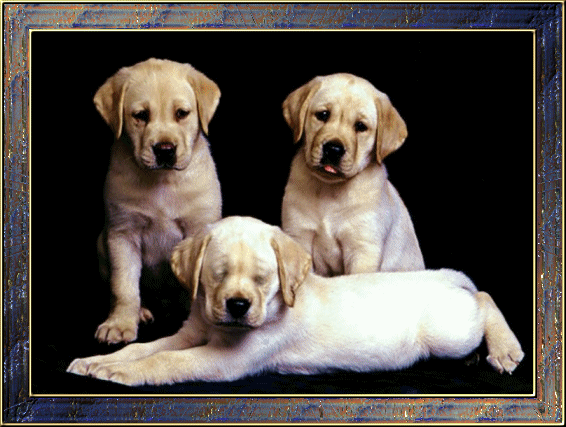BOSTON TERRIER Breed Standards
The Boston Terrier breed originated around 1870, when Robert C. Hooper of Boston purchased a dog known as Hooper's Judge, who was of a Bull and Terrier type lineage. Judge's specific lineage is unknown, however, Hooper's Judge is either directly related to the original Bull and Terrier breeds of the 1700s and early 1800s, or Judge is the result of modern English Bulldog's being crossed into terriers created in the 1860s for show purposes, like th White English Terrier.
Judge weighed over 29.7 pounds (13.5 kilos). Their offspring interbred with one or more French Bulldogs, providing the foundation for the Boston Terrier. Bred down in size from pit-fighting dogs of the Bull and Terrier types, the Boston Terrier originally weighed up to 44 pounds (20 kg.) (Olde Boston Bulldogge).The breed was first shown in Boston in 1870. By 1889 the breed had become sufficiently popular in Boston that fanciers formed the American Bull Terrier Club, but this proposed name for the breed was not well received by th Bull Terrrier Fanciers; the breed's nickname, "roundheads", was similarly inappropriate. Shortly after, at the suggestion of James Watson (a noted writer and authority), the club changed its name to the Boston Terrier Club and in 1893 it was admitted to membership in the American Kennel Club, thus making it the first US breed to be recognized. It is one of a small number of breeds to have originated in the United States. The Boston Terrier was the first non-sporting dog bred in the US.
In the early years, the color and markings were not very important, but by the 1900s the breed's distinctive markings and color were written into the standard, becoming an essential feature. Terrier only in name, the Boston Terrier has lost most of its ruthless desire for mayhem, preferring the company of humans, although some males will still challenge other dogs if they feel their territory is being invaded.
Boston Terriers were particularly popular during the 1920s in the US.
SKILLS: Family pet. Boston Terriers, also called the Boston bull, are compact and well-muscled dogs. Their faces are unmistakable with a short, wide muzzle, dark, large round eyes set far apart, and small, fine, erect ears. Though bred at first for use in dog fights, today's Boston Terrier has been bred to have less aggressive tendencies. It is gentle, alert, very intelligent, and well-mannered. Enthusiastic and occasionally rambunctious, this breed has a sense of humor.
SIZE: Boston Terriers are bred in a variety of sizes. The largest of them should not weigh more than 11kg (24lb).
COAT: The short-haired coat can be a black roan or black with white markings. The preference is for the roan.
CARE REQUIRED: These dogs do not require much grooming. Run a smooth glove or brush across the coat. Keep the ears clean and the claws trimmed. Attend to the facial creases occasionally with a special lotion made for this purpose.
CHARACTER: These are intelligent, enthusiastic, occasionally boisterous dogs, that have a sense of humor, are playful, self-confident, and affectionate. They make good watchdogs without barking unnecessarily.
TRAINING: The breed i s not difficult to train because they like to learn and their intelligence ensures they pick things up quickly. They are very sensitive to the intonation of your voice.
SOCIAL BEHAVIOR: Generally these dogs can get along very well with other dogs and pets and also with children.
EXERCISE: This Terrier has no desire for long walks but does like to go everywhere you go. They are fairly lightweight and ofen can easily be carried. They love to play.



